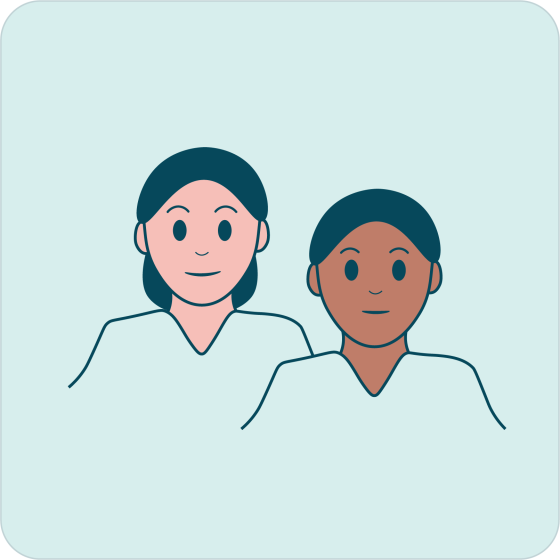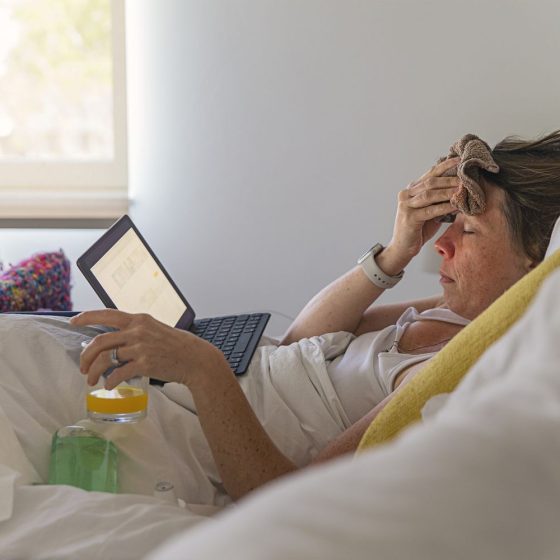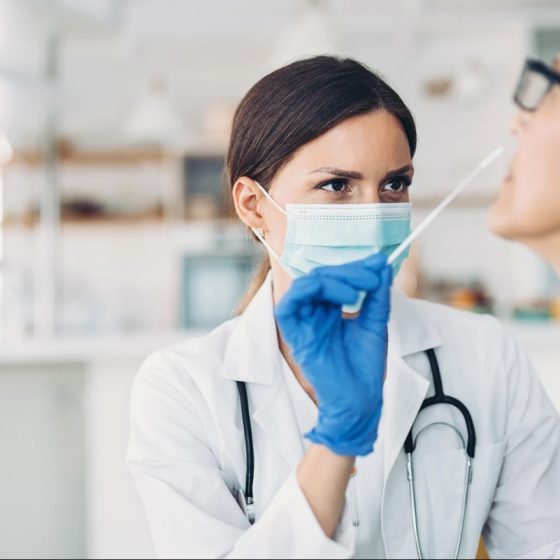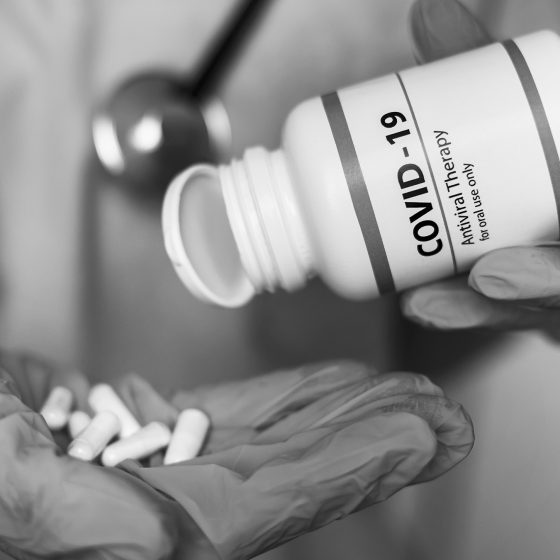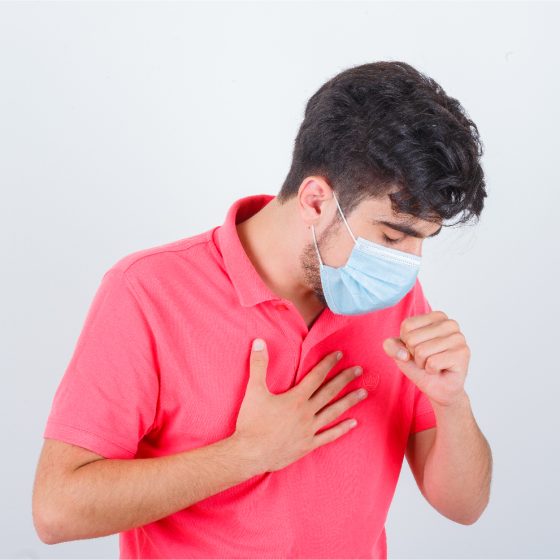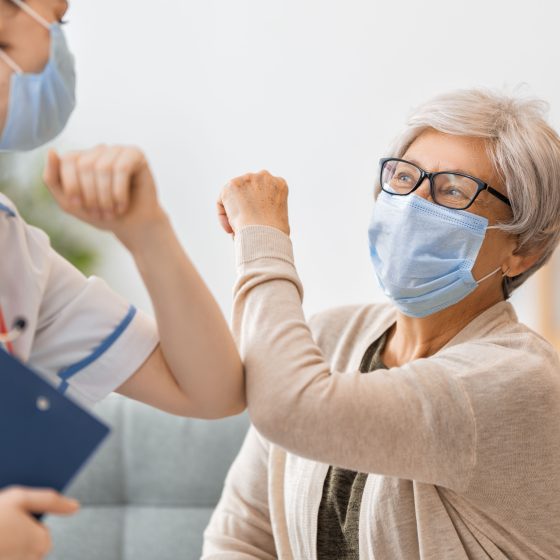COVID-19 close contacts and carers
Who is a ‘close contact’? State and territory governments decide on the definition of a close contact and there are differences between them. Please check the definition made by the government of the state or territory that you are in. You are generally a close contact of someone who has COVID-19 if: you are living with someone who has COVID-19; or you have spent a lot of time indoors with someone who has COVID-19; or under exceptional circumstances determined by states or territories What should a close contact do? If you are a close contact of someone who has COVID-19, you should

